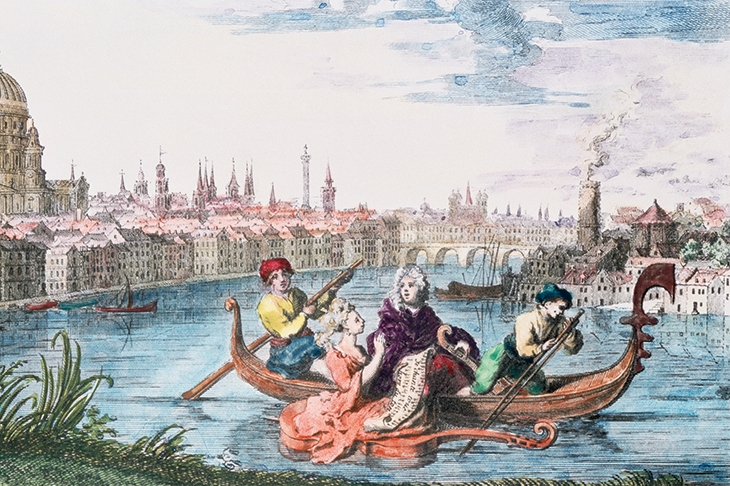England has been home to three great composer-entrepreneurs since 1700: Benjamin Britten in the 20th century; Arthur Sullivan in the 19th; and George Frederick Handel in the 18th. The operatic landscape they encountered was relatively fallow, yet each cultivated his patch of earth, produced works of astonishing originality and impact, and revolutionised both the art form and the country’s opera industry, at least for a time.
Handel was the most incongruous of the three, this gruff German son of a barber-surgeon, with heavily accented English who, aged 26 and following the phenomenal success in London of his opera Rinaldo, found himself parachuted into the centre of British court and theatrical life. Briefly resuming his position as Kapellmeister to Georg Ludwig, the Elector of Hanover, Handel returned to London in late 1712, making his theatrical home at the Queen’s Theatre — Sir John Vanbrugh’s gorgeous building in the Haymarket — and his liturgical home with the Chapel Royal. On Queen Anne’s death in 1714 and Georg Ludwig’s accession to the English throne, Handel’s position in society seemed assured.
His career, and the consequent fate of opera in England in the 18th century, owed everything to this first run of Rinaldo, a work that could not have been more different from the courtly masques and public pageants with which English audiences were familiar and comfortable. It wasn’t just its use of the Italian language, which Handel and his producer countered as best they could through issuing libretto books in simultaneous translation. Nor was it the expense: the renowned Italian castrato Nicolini was paid the phenomenal sum of £860 to create the title role in Rinaldo, more than he would earn in Naples, Rome or Venice. Rather it was the theatrical and musical daring of this opera seria, with its martial parades and pastoral scenes, its sorceress, siren and snarling monsters, and at the still heart of Act 2 one of Handel’s greatest arias, ‘Lascia ch’io pianga’ (‘Let me weep’).
Not that there wasn’t resistance to this transplanted art form.








Comments
Join the debate for just £1 a month
Be part of the conversation with other Spectator readers by getting your first three months for £3.
UNLOCK ACCESS Just £1 a monthAlready a subscriber? Log in